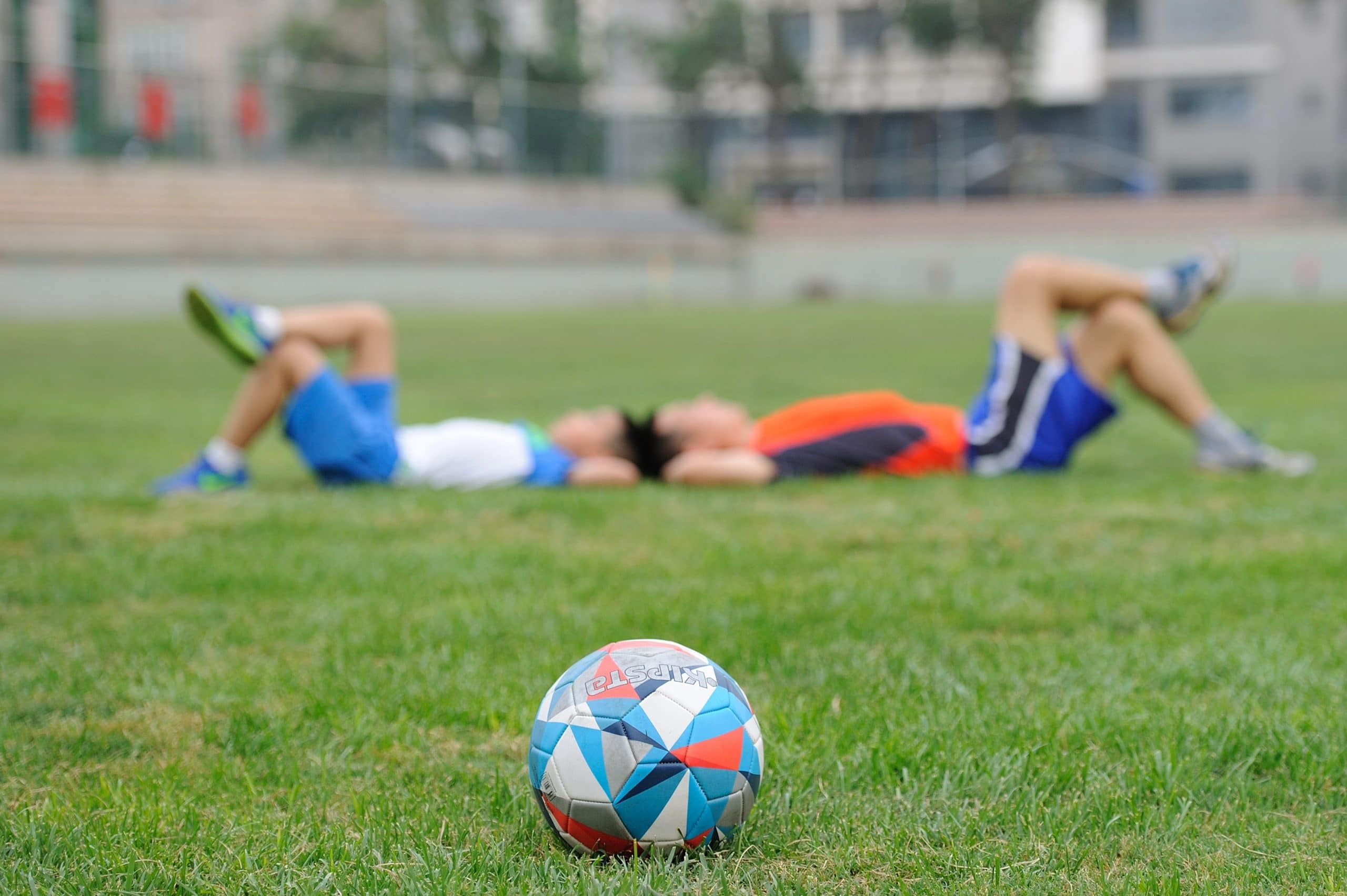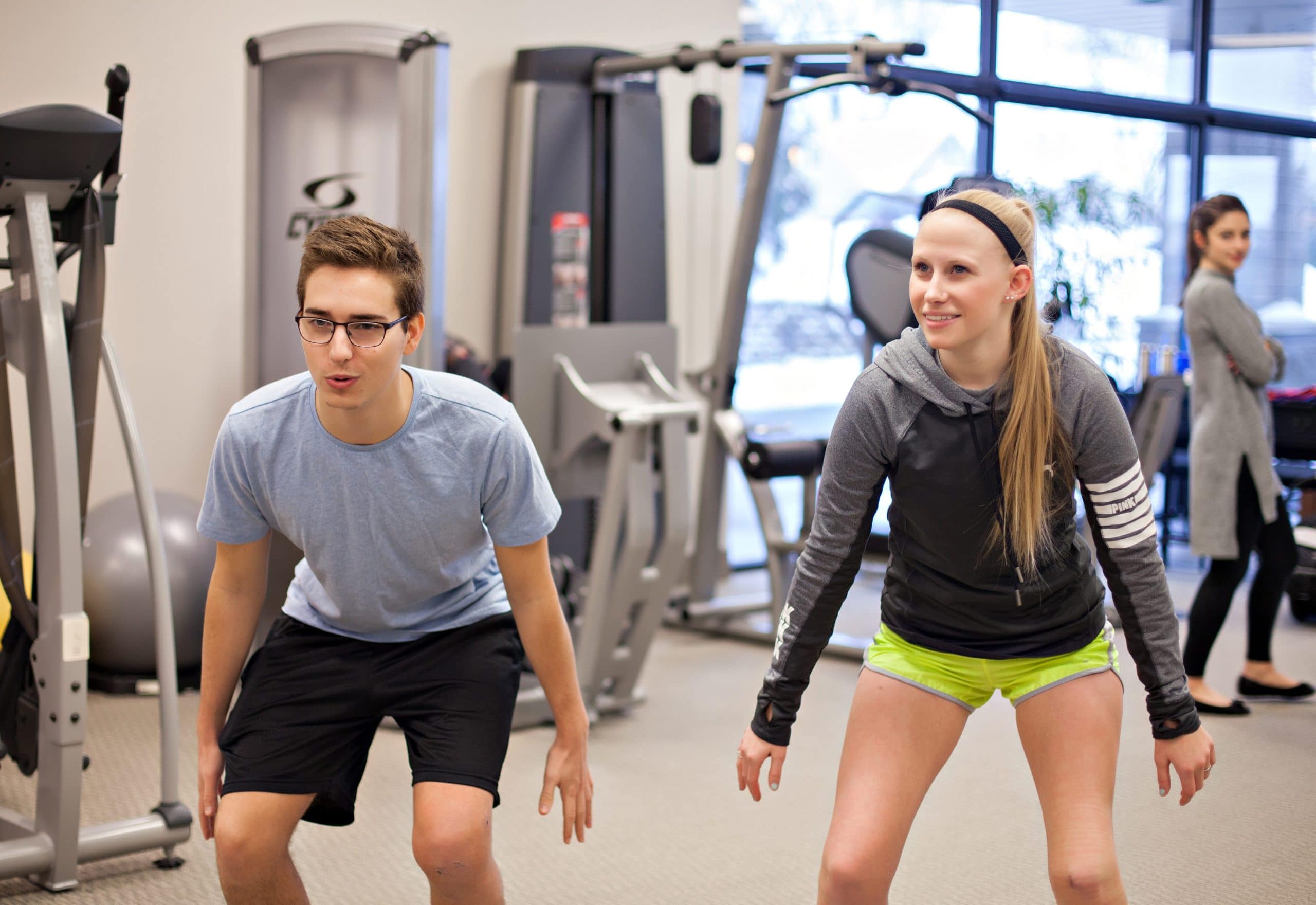Fostering Healthy Athletes to Avoid Injury
Do you have children? Do they participate in an organized sport? Have you thought about their chances of injury?
The statistics do not sound great.
The American Orthopaedic Society for Sports Medicine cited that
• High school athletes account for an estimated 2 million injuries and 500,000 doctor visits and 30,000 hospitalizations each year.
• More than 3.5 million kids under age 14 receive medical treatment for sports injuries each year.
Johns Hopkins Medicine reported that in the U.S., about 30 million children and teens participate in some form of organized sports, and more than 3.5 million injuries each year, which cause some loss of time of participation.

Parents do not have a lot of control over what happens during practice or a game (unless, of course, you are the coach), but you do have some control over how prepared your child is for their practices and games. As a PTA it is hard for me to watch my daughter’s track and cross country teams do their stretches and strength routines during practice. Their poor form and general lack of body awareness to perform the exercises safely make me cringe. Of course, I make sure my daughter and any friends that will listen learn the correct form. I have also done my best to talk to coaches and offer some tips or help in educating these young athletes. But I have found that beyond what happens in practice or games it is our responsibility as parents to do what we can to educate and prepare our children to perform healthily.
So what can a parent do?
The easiest and the best thing you can do for your kids, whether they are an athlete or not, is to make sure they eat properly, stay well hydrated, and get enough sleep. There is an endless supply of information online about nutrition and hydration for student-athletes. Find a reputable website and have your child help you plan meals. Involving them in the process does two things First hands-on training for a lifetime of good habits and second gives them a sense of control over what they are eating rather than feeling forced to eat healthy.

Another thing you can do is have them see a Physical Therapist for a sports injury screen and start an exercise program to address any areas of concern before they start playing. Hulst Jepsen Physical Therapy has several therapists with special interests and extra training in specific sports. We also have therapists and trainers certified in Functional Movement Screens, the same screen they do at the NFL and NHL combines. We have therapists certified in Sportmetrics, an evidenced-based 6-week program proven to reduce the incidence of ACL injury in girls. We have therapists trained in several techniques to help with recovery and health maintenance, including, but not limited to, dry needling, active release technique, Graston, and myofascial release.
Get to know your kid’s coach, trainer, and other parents on the team. Find your local Hulst Jepsen Physical Therapy clinic, call to schedule a screen. Teach your children the importance of healthy eating, hydration, and sleep habits. And keep them moving! Have fun with them and enjoy watching them play. This time is over in the blink of an eye so enjoy it while it lasts.
Date
8/21/2018